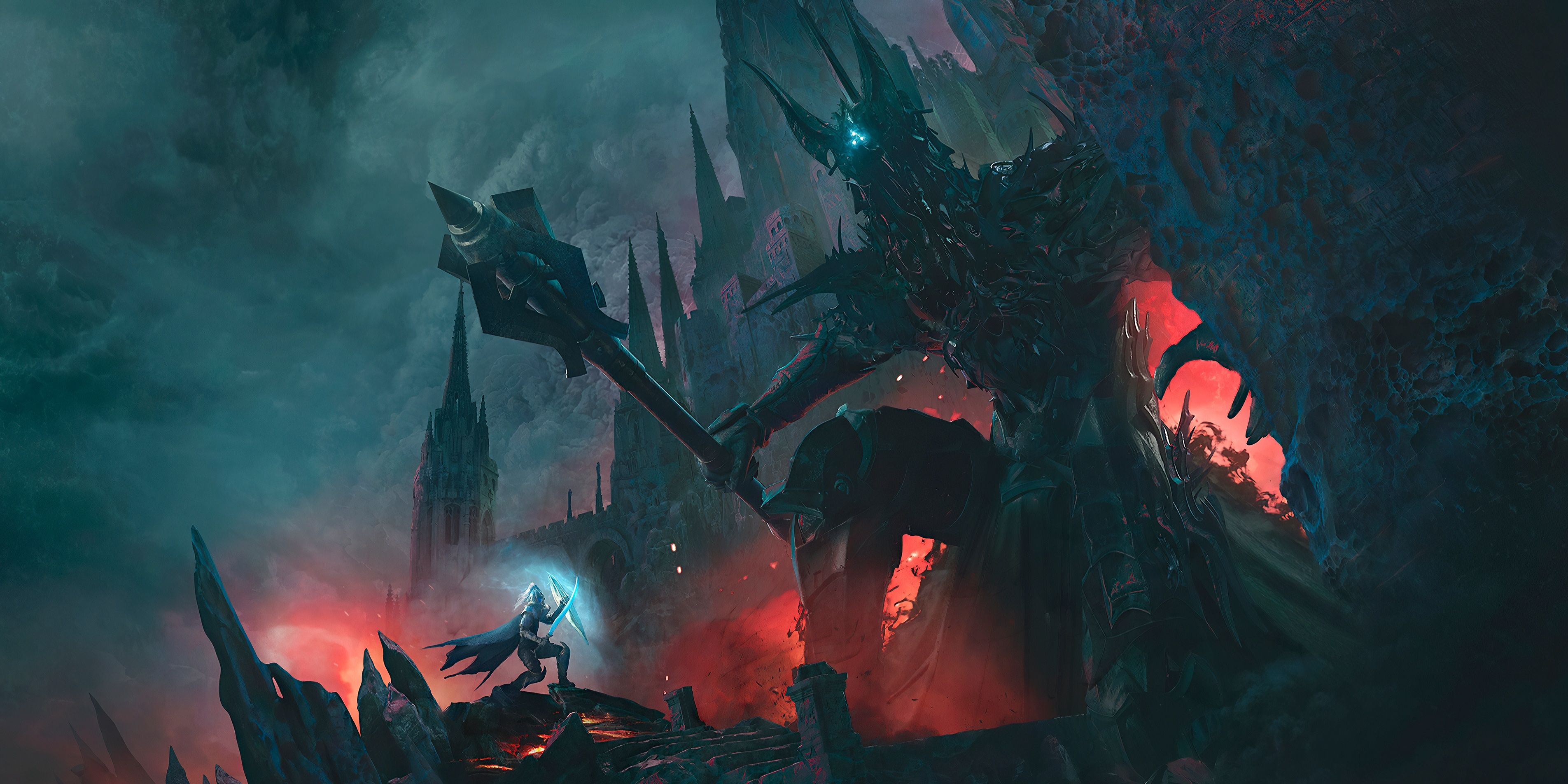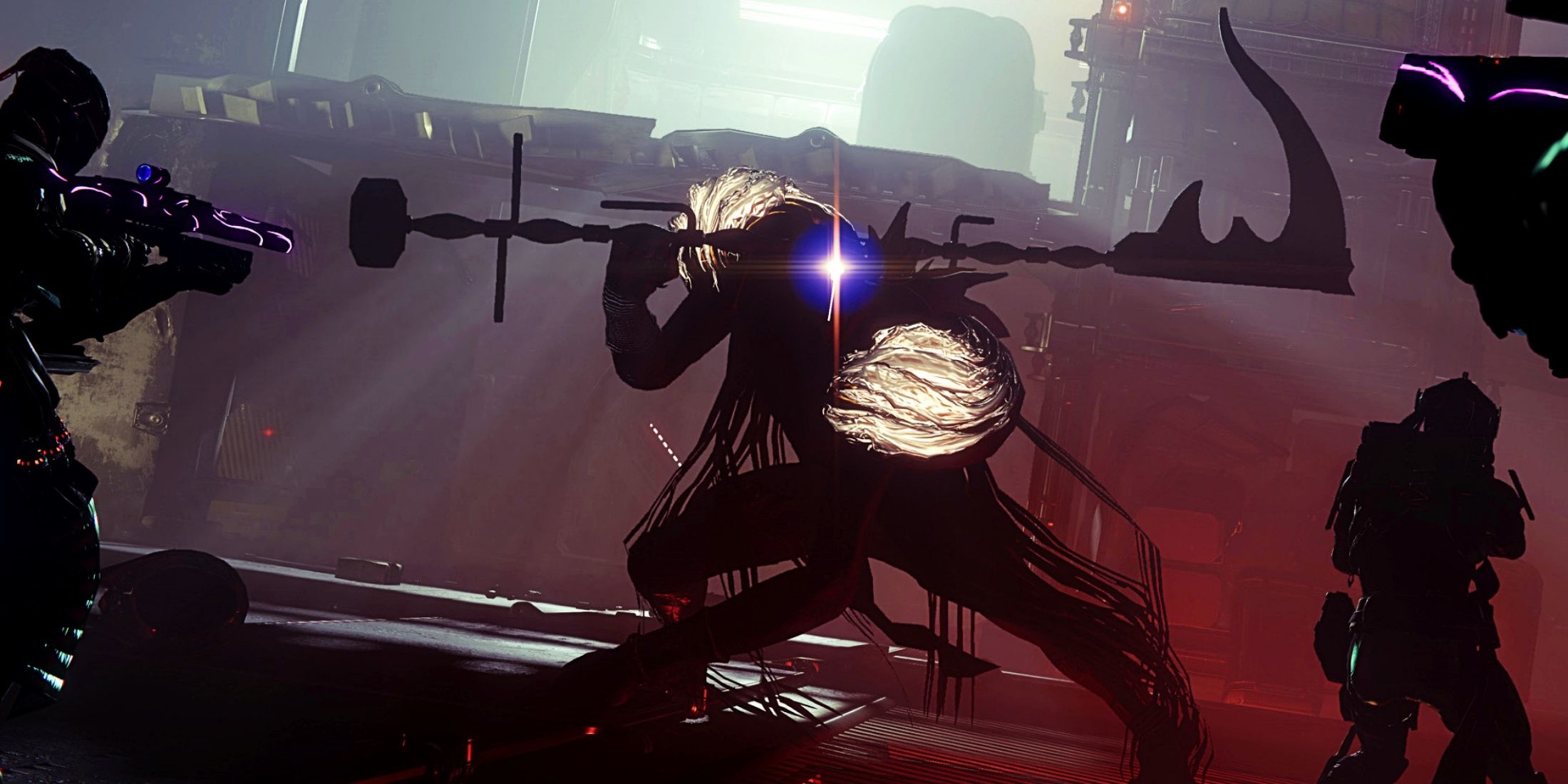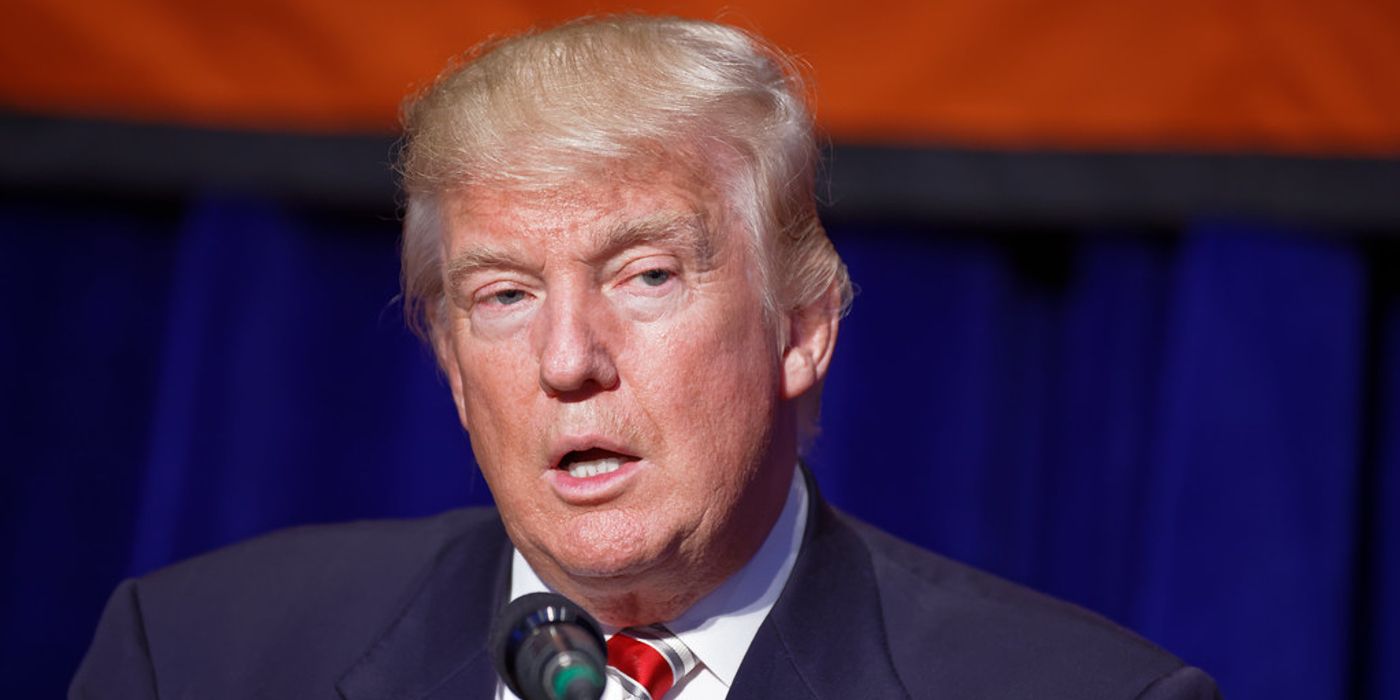U.S. President Donald Trump's White House announced Tuesday afternoon that it was delaying part of its plans to expand Chinese tariffs. Trump had previously announced a blanket 10% tariff on $300 billion in Chinese goods to start on September 1. The new plan delays the tariff on specific goods including video game consoles, cellphones, laptops, and more until December 15. The September 1 deadline remains in-place for other items, including food products, suits, and gloves.
The delay comes in response to what Trump described on Twitter as a "productive" call between U.S. and Chinese negotiators. "I'm not sure if it was the tariffs or the call, but the call was very productive," is how Trump specifically described it. Trump then added that he expects China to "buy more from the United States." He'd go on to say that China promised they would be buying "big" from "American Farmers," but have not done so. His planned tariffs remain as a threat against China otherwise.
Why the U.S. government chose to delay the tariffs regarding these specific products isn't entirely clear. The Office of the U.S. Trade Representative described the delays as a waiver "based on health, safety, national security and other factors." The move displaces the tariffs from the season of holiday shopping that many U.S. companies are dependent on. As a result of the announcement, the Dow Jones stock index climbed nearly 400 points or 1.5%.
The decision follows a wave of criticism from the video game industry. Microsoft, Nintendo, and Sony united to issue a statement requesting video game consoles be removed from Trump's tariffs. The document noted that video game consoles are custom made and often sold at-cost. Shifting manufacturing to other countries isn't "feasible." The argument was made that the tariffs would "significantly disrupt" each company's business, as well as the hundreds of studios and services that rely on video game consoles.
The broader economic impact of Trump's trade war with China remains worrying despite a short-term delay of the tariffs. Bank of America head of U.S. economics Michell Meyer notes that the uncertainty of the situation has significant economic impacts. "Until there is a clear resolution ... businesses will remain cautious in regards to investment." Meyer says this resolution is unlikely even through 2020 and says there's a 1/3 chance of a recession in that window.
Both Microsoft and Sony preparing to launch their next-generation consoles in what's expected to be late 2020. Trump's trade war, the tariffs on video game consoles, and a potential recession could each have dramatic effects on the video game industry at large.
Source: Washington Post




